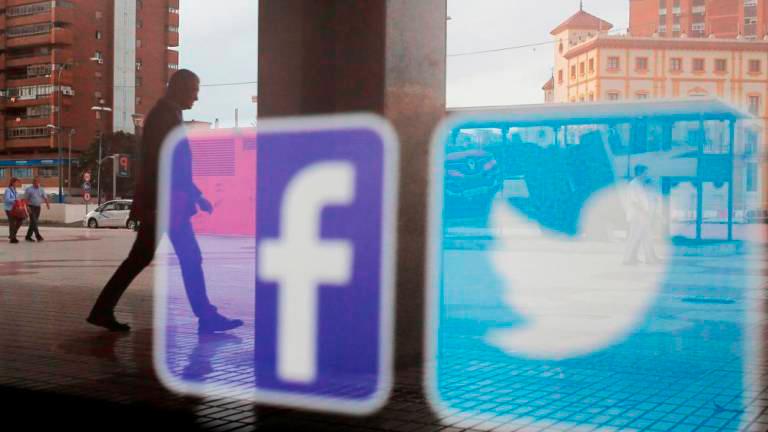PETALING JAYA: The advent of new technology has long turned the job market on its head.
But even before the new career options have taken root, they are already being altered, this time by the Covid-19 crisis.
Take the case of the social media influencer.
As media expert Adlene Aris described it, a social media influencer is a credible authority or expert in a specific area.
“He must be knowledgeable in his chosen field,” she told theSun.
However, the job description has been loosened quite extensively since the start of the global health crisis.
Today, just about everyone who is lucky enough to have a huge following on social media can be described as an influencer.
One such influencer is Ng Jo Vynn, who goes by the handle @itsjovynn on TikTok. Creating content to win followers has become more difficult now that her movements are limited, so she has turned personal shopper for others who “like my style”.
But Ng is not a social media influencer in the traditional sense. As Aris pointed out, a social media influencer is someone who builds a reputation by creating appealing verbal and non-verbal content.
Otherwise, he has to be a celebrity like Selena Gomez or a zero-to-hero personality,” she said.
American singer and actress Gomez has 62.8 million Twitter followers at the last count. This gives her extensive influence over opinions on everything from fashion to politics.
But the likes of Ng and Shareen are nowhere near where Gomez has gone. Nonetheless, they have enough followers on social media to earn them a regular income, and this comes in helpful when the world economy has turned topsy turvy because of the Covid-19 pandemic.
All the same, Aris said the emergence of more self-proclaimed social media influencers has somehow led to the definition losing its value.
“The term is now loosely used to describe someone who has a huge enough social media following regardless of the quality of the content he offers,” she said.
It is like someone making it as a social media influencer just because something he uploads on Twitter goes viral.
But for Aris, who is a lecturer at the Faculty of Applied Communications at Multimedia University, it would not be a surprise if “influencer” becomes a formal occupation.
“The younger generation are known to adapt and create new jobs for themselves,” she said.
As expected, being a social media influencer today is not always a ticket to a fat bank account.
As Ng said, her income has halved since the lockdown was imposed. But in reality, her real job is content creation. She comes up with ideas to help companies advertise their products and brands to her followers.
“My main goal is to entertain my audience in the hope of persuading them to invest in the items or brands I promote. I also create content that people can relate to. That way, I will be able to get more deals with bigger brands in future,” she said.
Shareen Abdul Ghani, who helps people reach out to the global community where they can profile their talent and skills through her company GigXGlobal, acknowledged that to be a true-blue social media influencer, one would have to develop skills and competency.
“They should build their expertise well beyond the social media realm and plan for the next decade or two,” she said.
But fame is fleeting, and no amount of planning is a guarantee for lasting social media celebrity status.














